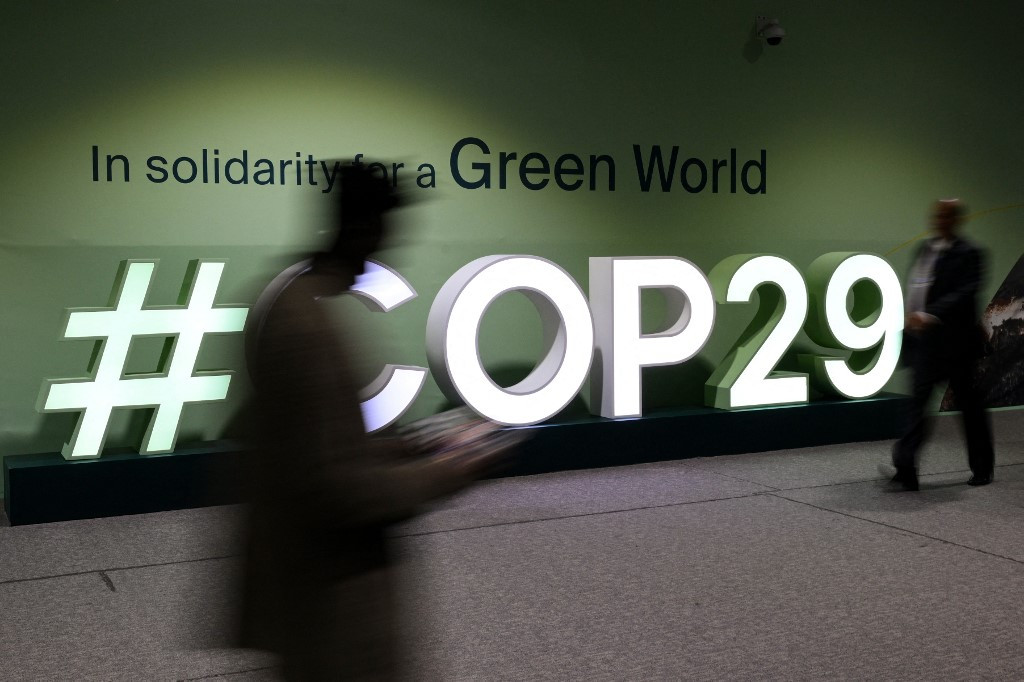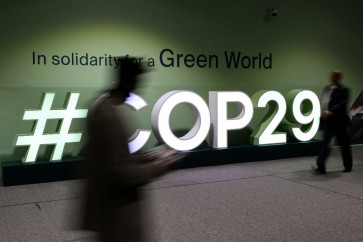Popular Reads
Top Results
Can't find what you're looking for?
View all search resultsPopular Reads
Top Results
Can't find what you're looking for?
View all search resultsThe Global South must claim the climate mantle at COP30
As the West recedes in climate governance, it has left an opening for the Global South to step up its already growing efforts to take the lead, ensuring that the global agenda reflects its needs and priorities while holding the world accountable in protecting our planet.
Change text size
Gift Premium Articles
to Anyone
O
f all the seismic geopolitical shifts in recent years, perhaps the most striking is the West’s rapid decline as a force in global climate governance. Under President Donald Trump’s second administration, the United States has become both more aggressive and more isolationist. Meanwhile, the European Union has grown timid, fragmented and inward looking.
Will the Global South, especially Brazil, India, China and South Africa, step up to fill the climate leadership vacuum?
In 1972, at the United Nations’ first major environmental conference in Stockholm, then-Indian prime minister Indira Gandhi famously declared, “Poverty is the worst form of pollution.”
To this day, the Global South grapples with the challenge of pursuing sustainable development while promoting environmental responsibility. Many developing countries have long feared that climate policies might reinforce historical inequalities or constrain their growth. But now, the Global South has an opening to ensure that the international agenda reflects its priorities.
Many policymakers recognize the need for a change. While global cooperation has produced numerous important climate commitments, such as those made at the 1992 Rio Earth Summit and those contained in the 2015 Paris climate agreement, they remain largely unfulfilled. Moreover, financial support from the rich world has been well below what is needed, hindering climate action in developing countries, eroding trust in Western leaders and lowering global ambitions.
The Global South has no shortage of climate visionaries who have connected environmental protection with community empowerment, from Wangari Maathai to Vandana Shiva and Chico Mendes. But the West has controlled the climate narrative for decades because it dominates the science that informs the UN Intergovernmental Panel on Climate Change, the multilateral development banks that provide climate financing and the global media outlets that shape public opinion.
That is particularly true for the US. Despite its stumbles, such as when president George W. Bush withdrew from the Kyoto Protocol in 2001, the rhetorical ambitions of other US presidents, including Bill Clinton, Barack Obama and Joe Biden, ensured that the West remained a leading voice in shaping the climate agenda, even when not matched by action.



















